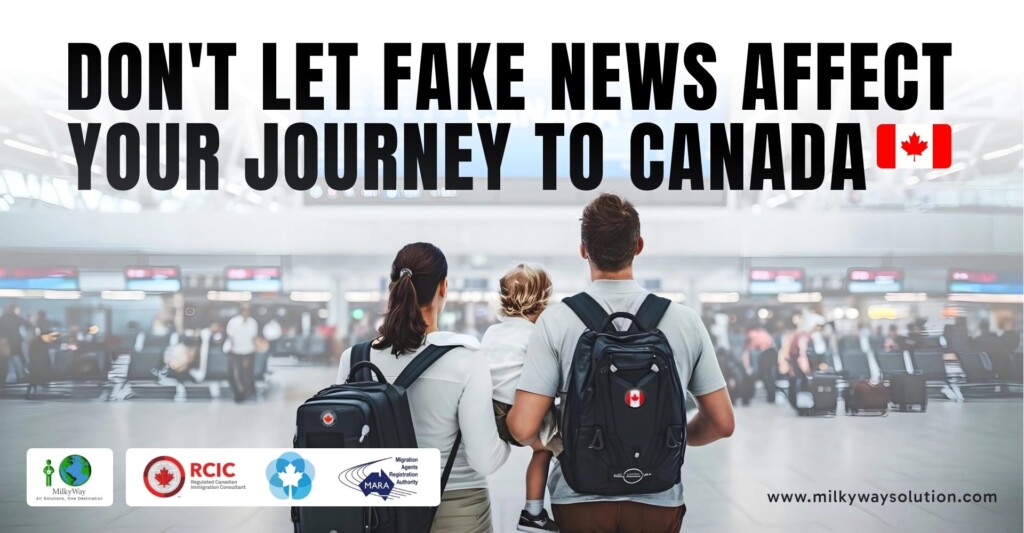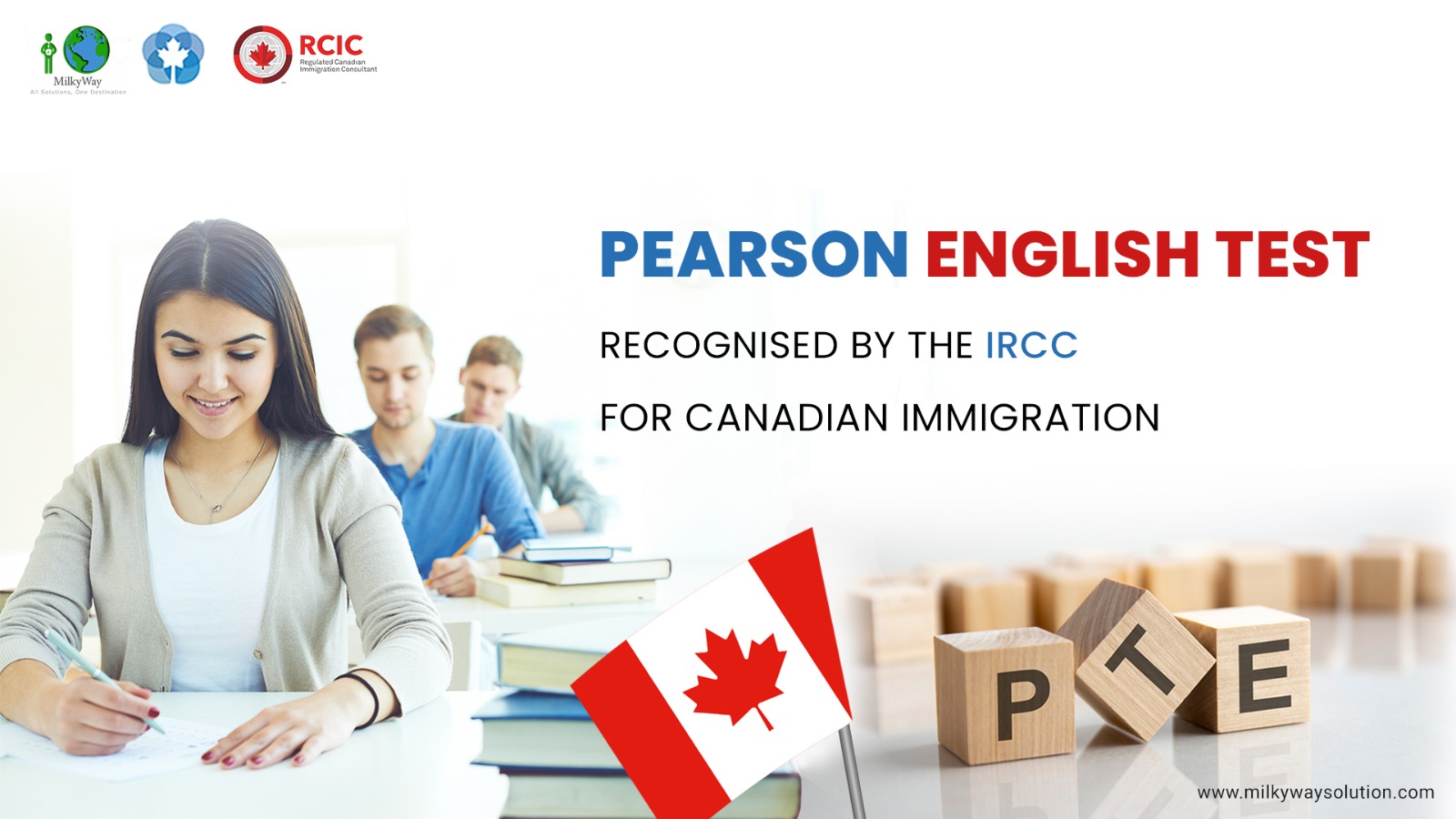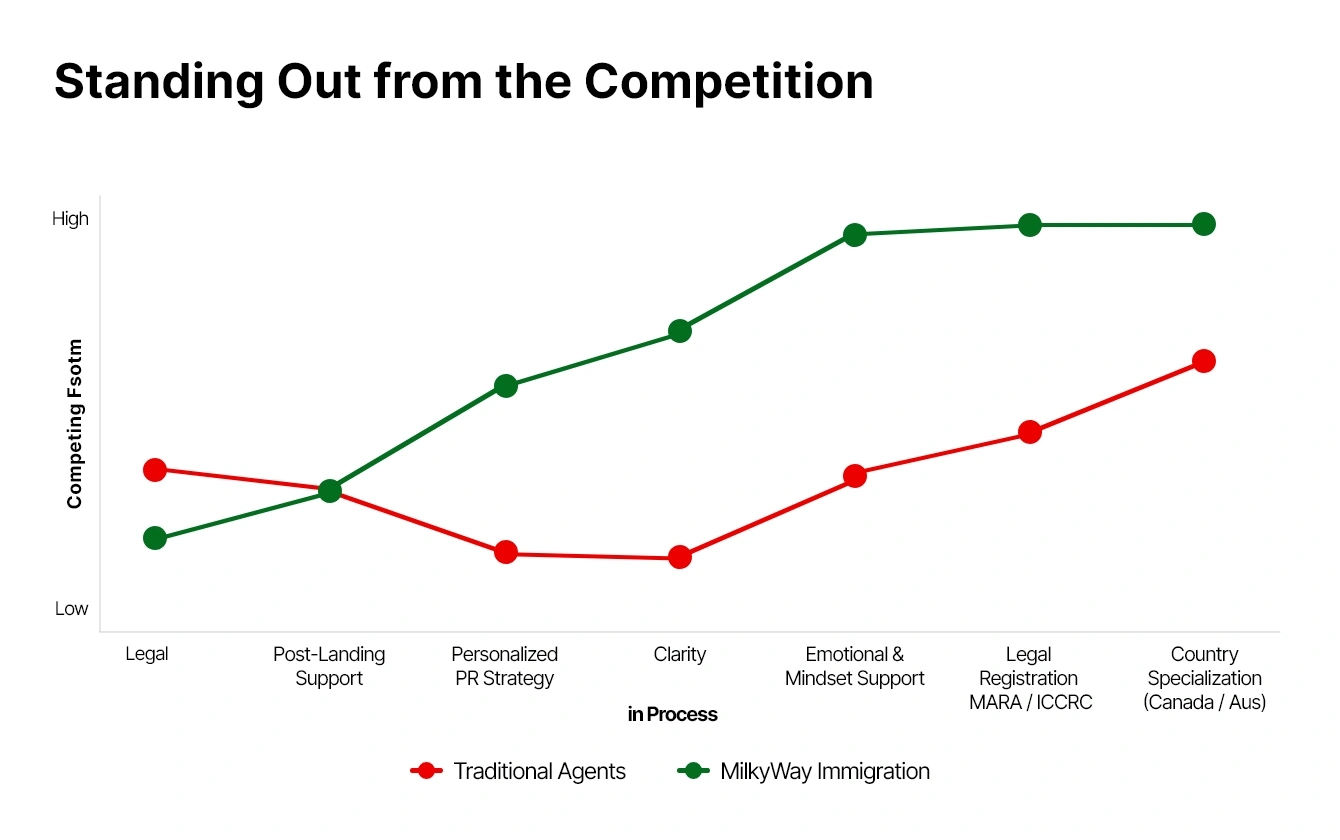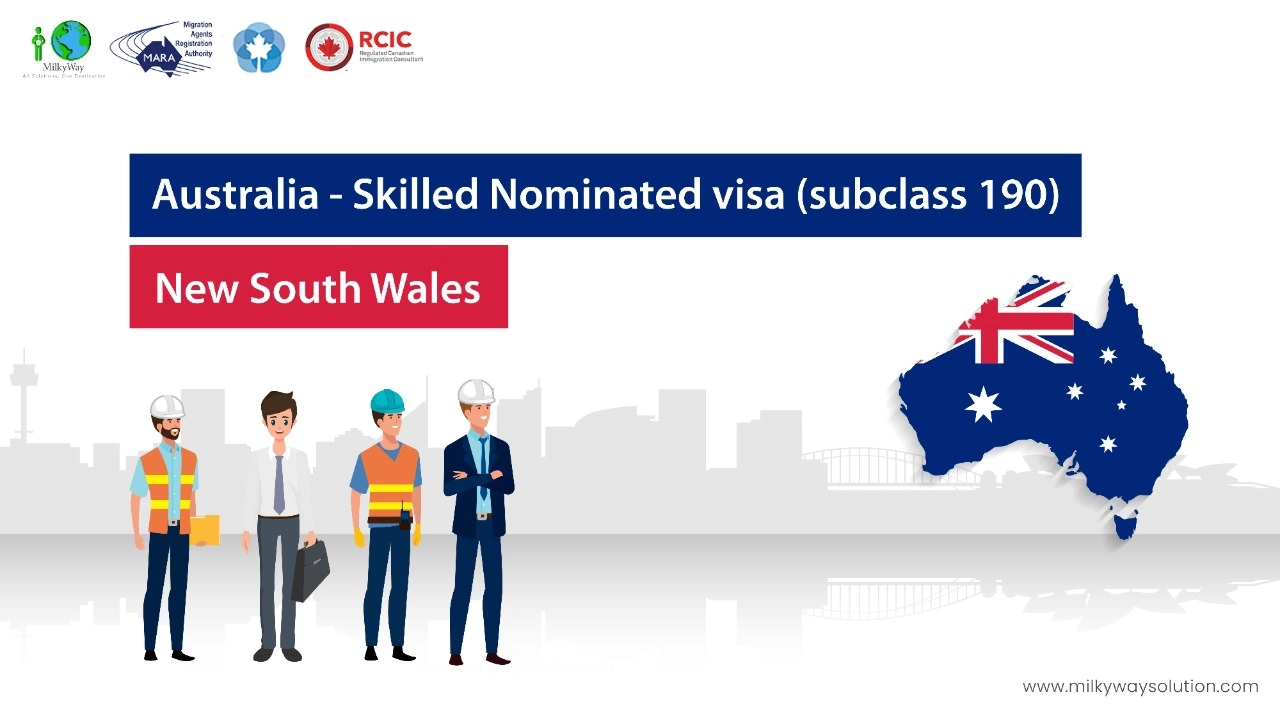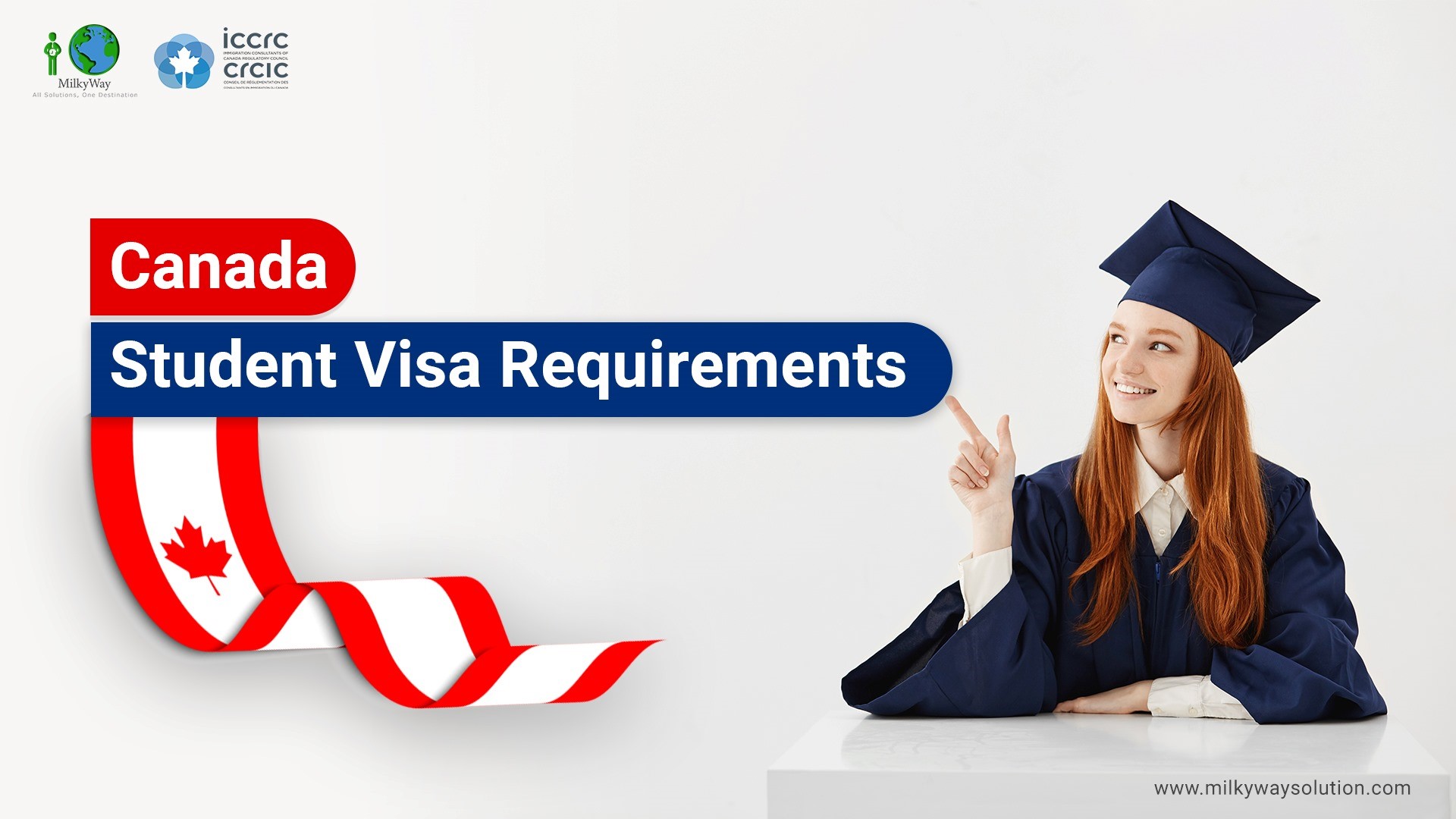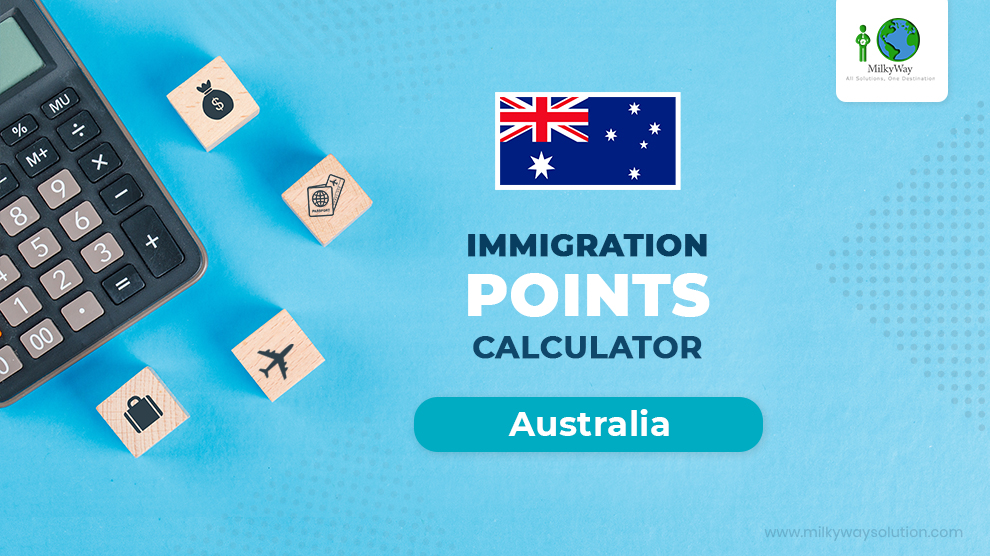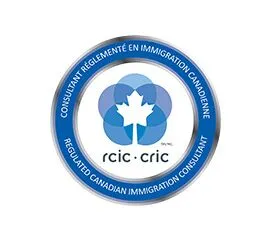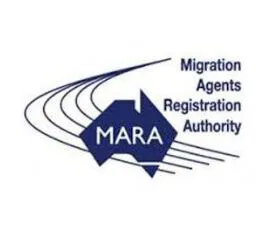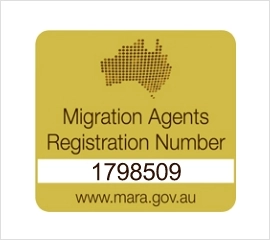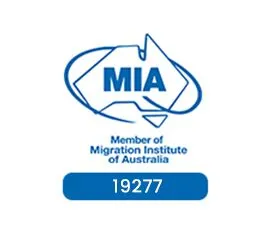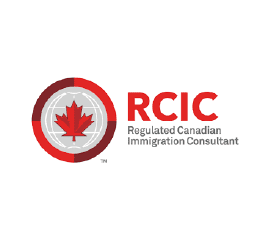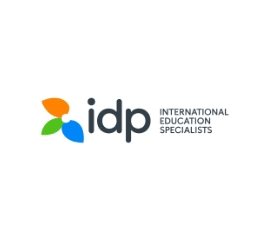Information comes from all around us, and with the abundance and support of technology, it can be difficult to analyse its genuineness. This can lead to unprecedented difficulties, especially when you wish to move to another country for higher studies or job opportunities; knowing the facts is essential.
Nowadays due to digital advancements, information flows freely, but not all of it is factual. Fake news, misinformation, and disinformation have become persistent threats, especially in crucial areas like immigration. For those considering Canada as their new home, misinformation can significantly impact immigration applications. One wrong move, based on false information, can cost you your chance to move to Canada or even risk your current status.
The Canadian immigration system has strict rules and guidelines for those who are applying for a visa, permanent residency, or citizenship. Falling victim to fake news, misrepresentation, or unauthorised immigration agents can have life-changing consequences. Let’s check how fake news, disinformation, and misrepresentation can obstruct your Canadian immigration journey and how to protect yourself from it.
Misrepresentation: A Costly Mistake
Have you ever filled out a form and given vague information that seemed close enough to the truth, but wasn’t quite accurate? Knowingly or unknowingly many people might have done this. But, when it comes to immigration applications, Canada does not forgive such mistakes easily. Even possibly minor misrepresentations can lead to serious consequences.
The ‘Immigration, Refugees, and Citizenship Canada’ (IRCC) is extremely thorough when reviewing immigration applications. Whether you’re applying for a student visa, permanent residency, or temporary visitor status, every document, statement, and claim is examined carefully. Even accidental misrepresentations can result in:
- Rejection of Your Application – Providing false or misleading information is grounds for immediate rejection of your application.
- Five-Year Ban – You could be banned from entering Canada for at least five years, or permanently in extreme cases.
- Criminal Charges – Intentional misrepresentation, including forged documents or false declarations, may lead to criminal charges under Canadian law.
- Revocation of Permanent Residency or Citizenship – If you’re already in Canada and found guilty of misrepresentation, you risk losing your status, whether it’s as a permanent resident or even a naturalised citizen.
- Deportation – Once your immigration status is revoked, you may be forcibly removed from the country.
- Many people who fall into the trap of misrepresentation do so because they were misinformed by fake news or unlicensed immigration consultants. The consequences, however, are real and severe.
The Role of Fake News in Canadian Immigration
Like in all aspects of life, fake news has infiltrated the immigration sector also. Disinformation can start from incorrect guidance on visa applications to exaggerated claims about immigration processes. Some common examples include:
– False Promises of Easy Immigration – You may have come across ads or websites that claim you can “easily” get a visa to Canada with minimal documentation. This is a red flag. Canadian immigration has a strict set of requirements and procedures, none of which can be circumvented.
– Bogus Job Offers – Scammers often target potential immigrants by offering fake job opportunities in Canada, promising that a work visa will follow. Falling for such schemes can cost you money and even your dream of moving to Canada.
– Misleading Information on Visa Types – Some websites might claim that certain visa types allow you to work or stay in Canada longer than they actually do. It’s important to rely on official sources for accurate information.
How Disinformation Harms Your Immigration Process
The harm caused by disinformation is not just theoretical. When immigrants make decisions based on false information, the consequences are significant. Here are some ways disinformation can directly affect your future:
- Confusion and Delay
Disinformation makes it harder to access factual content, leaving you confused and doubtful. You might delay important decisions related to your immigration process because you’re unsure which source to trust. For example, if you rely on misinformation that suggests you don’t need certain documents, your application might be delayed or immediately rejected due to missing requirements. - Financial Loss
Disinformation often targets your finances. Scammers may promise fast-tracked visas or guarantees of permanent residency in exchange for unreasonable fees. Once the money is handed over, these fraudulent entities disappear, leaving you with no visa and a drained bank account. - Health Risks
Misinformation regarding healthcare and insurance for new immigrants can leave you unprotected. If you’re misguided about health insurance policies or medical requirements for entry, you may find yourself without proper coverage once in Canada, leading to steep healthcare costs or even a denied entry due to unfulfilled health requirements. - Legal Repercussions
As mentioned earlier, misrepresentation in your immigration application can lead to legal actions, including bans, deportations, and criminal charges. Misinformation or fake news that leads you to commit such acts will have long-term consequences on your future in Canada and elsewhere.
Spotting and Avoiding Disinformation
If you know how to identify disinformation, you can avoid falling into the trap of fake news. Here are some tips for spotting fake news in the context of immigration:
- Check Emotional Triggers
Fake news is often designed to trigger emotional responses, such as fear or excitement, to prompt you into hasty decisions. If you come across a claim that seems too good to be true or one that triggers panic, pause and fact-check it. - Fact-Check Using Reliable Tools
Several tools can help you verify if something you’ve read online is true. Use reputable fact-checking websites like Snopes or AFP Fact Check to see if the information you’ve encountered has been proven false. - Verify the Source
Always ensure the website or individual providing immigration information is legitimate. Use Google or Wikipedia to check the source’s reputation. Immigration consultants in Canada must be regulated by the Immigration Consultants of Canada Regulatory Council (ICCRC) or recognized by the Bar Council of British Columbia. Be sure to cross-check the credentials of the immigration professional you’re dealing with. - Do a Reverse Image Search
Fake news is often accompanied by fake photos. Use tools like Google Lens or TinEye to do a reverse image search and verify if the image has been manipulated or taken from another source.
The Importance of Licensed Immigration Consultants
One of the most effective ways to safeguard your future and prevent falling victim to fake news is to work with licensed and regulated immigration consultants. Licensed immigration consultants like ‘MilkyWay’ are regulated by the ICCRC, ensuring that they adhere to ethical standards and legal guidelines set by Canadian authorities.
Working with a licensed consultant means:
- Accurate Information regarding visa types, application processes, and eligibility criteria.
- Authorised Representation in communication with IRCC, ensuring that your application is filed correctly and on time.
- A licensed professional gives you the confidence to focus on other aspects of your transition to Canada.
Do not take chances. We, at MilkyWay ensure that your application is accurate, complete, and truthful, and give you the best possible chance of achieving your dream of starting a new life in Canada.
Your future is precious. Don’t let fake news destroy it. Connect with us today!

